detail profile daniel casablanca
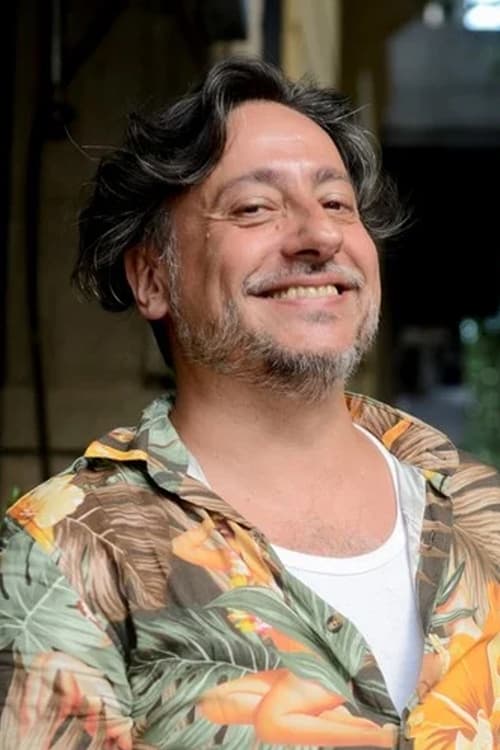
Info Pribadi
Peran Yang Di Mainkan Daniel Casablanca
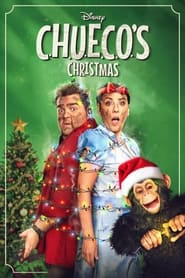 Chueco is thrilled its finally Christmas...
Chueco is thrilled its finally Christmas...Chueco’s Christmas 2023
Chueco is thrilled: it's finally Christmas, his favorite time of the year! But his excitement is shattered when Juan informs him that they don't celebrate Christmas, and even Santa Claus knows he doesn't need to visit their house. Amanda explains to an astonished Chueco that the Christmas spirit disappeared from the Gustozzis' hearts when Lorena passed away. Chueco can't simply do nothing: he decides to arrange shock therapy to help bring back their Christmas spirit. He decorates the house with Christmas ornaments and calls Santa Claus himself to bring presents to the house, but it's all to no avail. What Chueco wouldn't have suspected is that Amanda is his best ally to bring back the spirit of Christmas.
 Damin is the neighbor of Viloni...
Damin is the neighbor of Viloni...100% lucha, el amo de los clones 2009
Damián is the neighbor of Viloni, the most popular wrestler of 100 % Lucha. He has always hated Viloni for his popularity. That's why, taking advantage of his bio-technical knowledge, he creates lots of clones who look exactly like the wrestlers of 100 % Lucha (including Viloni). Viloni will be forced to ally with his enemies on 100 % Lucha to stop the evil doctor.
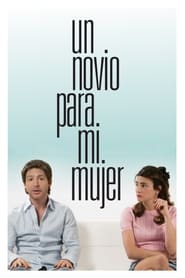 El Tenso does not know how...
El Tenso does not know how...A Boyfriend for My Wife 2008
El Tenso does not know how to face his ill-tempered wife, Tana, to tell her that he wants to separate. Carlos, a friend of Tenso, suggests him to invert the situation and cause Tana to leave him by hiring Cuervo Flores, an irresistible seducer, to try and charm his wife until she falls in love with him.
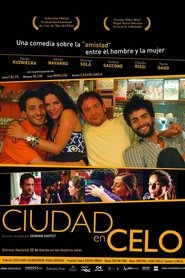 A group of friends in their 30...
A group of friends in their 30...City in Heat 2007
A group of friends in their 30's meet at a bar in Buenos Aires everyday. They used to hang here as students, laughing at the world, and now they still dream of changing the world from the cafe's table. Unable discuss politics or football, the only thing they can talk about is women. When one of their friends commits suicide, a female from his past shows up to confront old feelings.
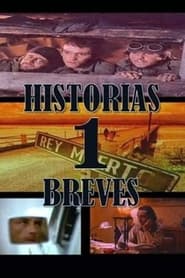 The film brings together the winners...
The film brings together the winners...Historias Breves 1 1995
The film brings together the winners of the first edition of the Argentine National Film Board's (INCAA) annual public script competition, the grand prize of which is the budget to produce a short film. Eventually screened in national theaters, the omnibus film gave rise and recognition to a new generation of Argentine filmmakers known collectively as the New Argentine Cinema—a wave of contemporary filmmaking that began in the mid-1990s in reaction to decades of political and economic crises in the country.
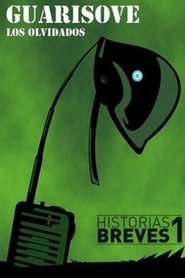 A group of soldiers who naively...
A group of soldiers who naively...